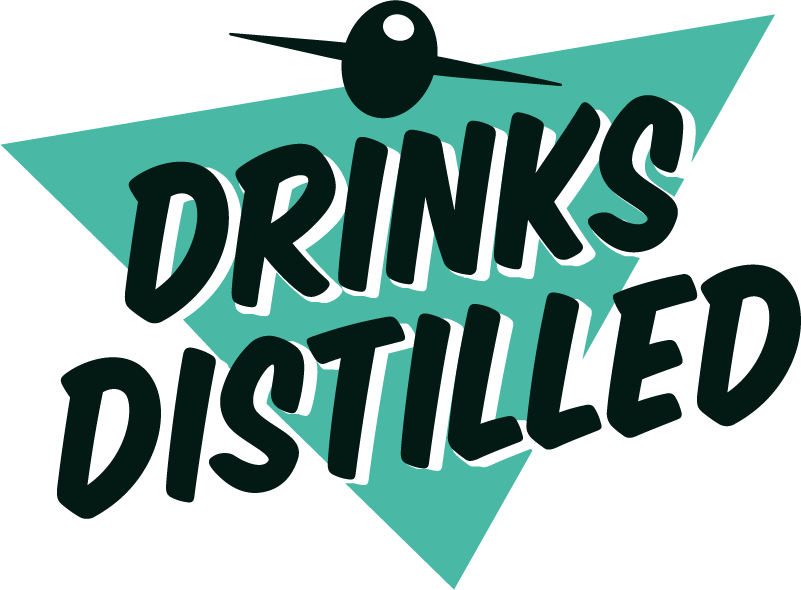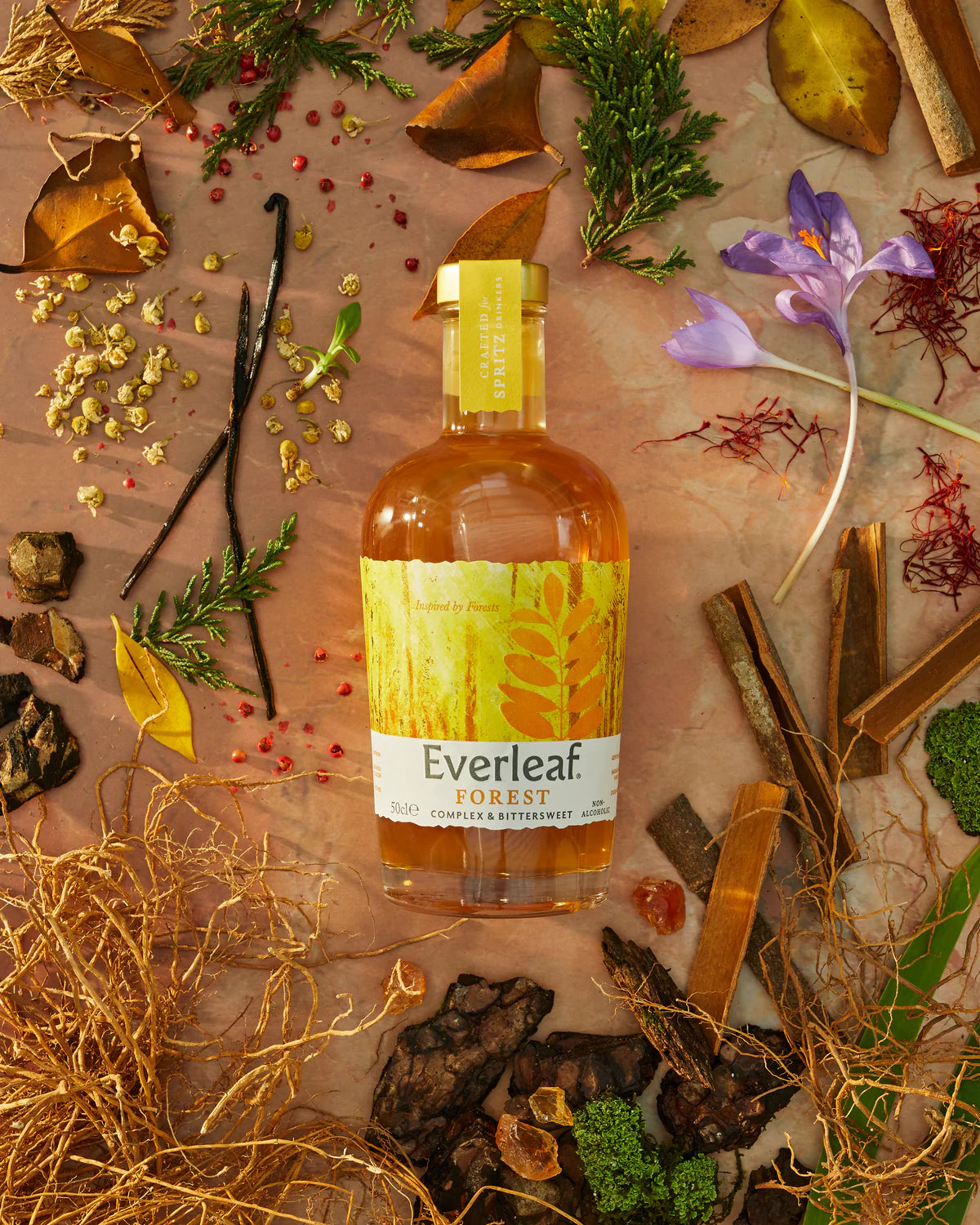

1. Find Brands That Care
Paul Mathew, founder of non-alcoholic aperitifs brand Everleaf and Co-Owner of London-based bars The Hide, The Arbitrager and Demon, Wise & Partners advises:
As a first step, dig a bit deeper beyond the brand’s marketing for what they’re doing behind the scenes. If you can’t find anything, move on!
In terms of specific carbon footprint, some are now carbon neutral (e.g. Everleaf, where we offset any carbon produced with conservation work in forests, mountains and marine environments to match our flavours), or even make climate-positive claims, so check out the sustainability pages of brand websites to see what they’re doing (and look for external verification and standards to make sure it’s not just greenwash!).
There are other ways you can pick more eco-friendly brands too, for example selecting ones that give back through 1% For The Planet (at Everleaf we support plant conservation through our relationship with charity Fauna & Flora), or ones that actively plant trees for bottles sold.
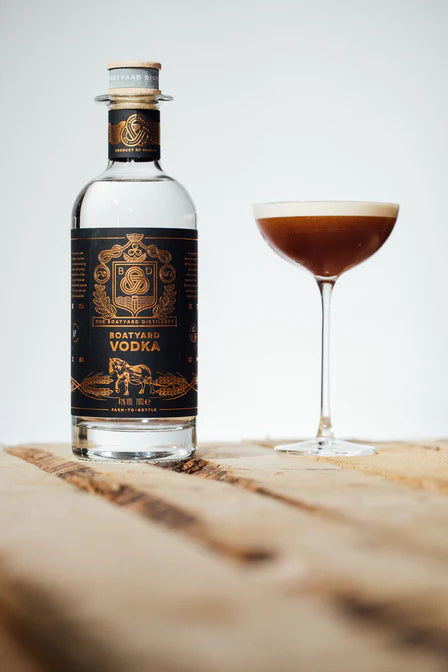
Jake O’Brien Murphy, bartender, drinks writer, broadcaster and Drinks Distilled Spirits Guide recommends Boatyard Vodka:
There are some wonderful spirits brands that disrupt production norms such as Boatyard Distillery. They have a sustainable ethos of field-to-bottle and use only local, Irish wheat in their organic Boatyard Vodka, which can be traced back to the farmer who grew it and even the field in which it was grown.
As a discerning drinker, it’s impossible to miss the ingrained qualities of a liquid that has been made with a conscious consideration of some of the finest raw materials available.
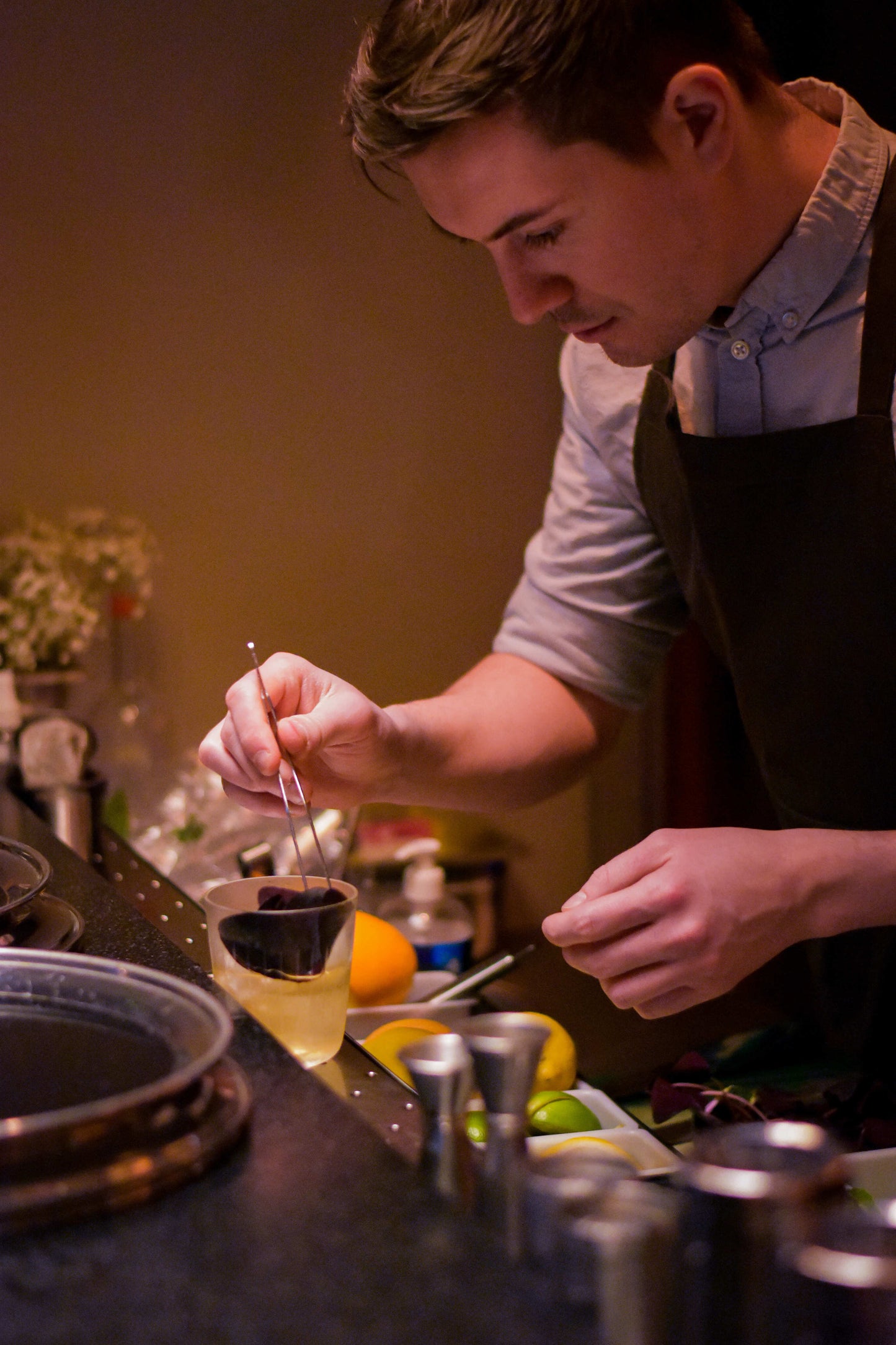
2. Reduce, Reuse and Recycle
Jake O’Brien Murphy says the Klaxon call is simple:
Thankfully, the home bar doesn’t generate the same carbon footprint as a dedicated venue would. Yet there are certainly some hacks and tricks to close the loop.
In the bigger picture of drinking green, choice matters - reducing the amount of packaging and transport your chosen products use will have the largest effect.
My biggest piece of advice is to get to know your raw ingredients - there are so many opportunities for recycling and flavours that bartenders miss out on:
- Steep spent coffee grounds in neutral spirits to extract all of the leftover goodness for your next espresso martini.
- If you’re using citrus fruit, create an oleo-saccharum from the peels for an aromatic syrup or a cordial that’ll improve any drink.
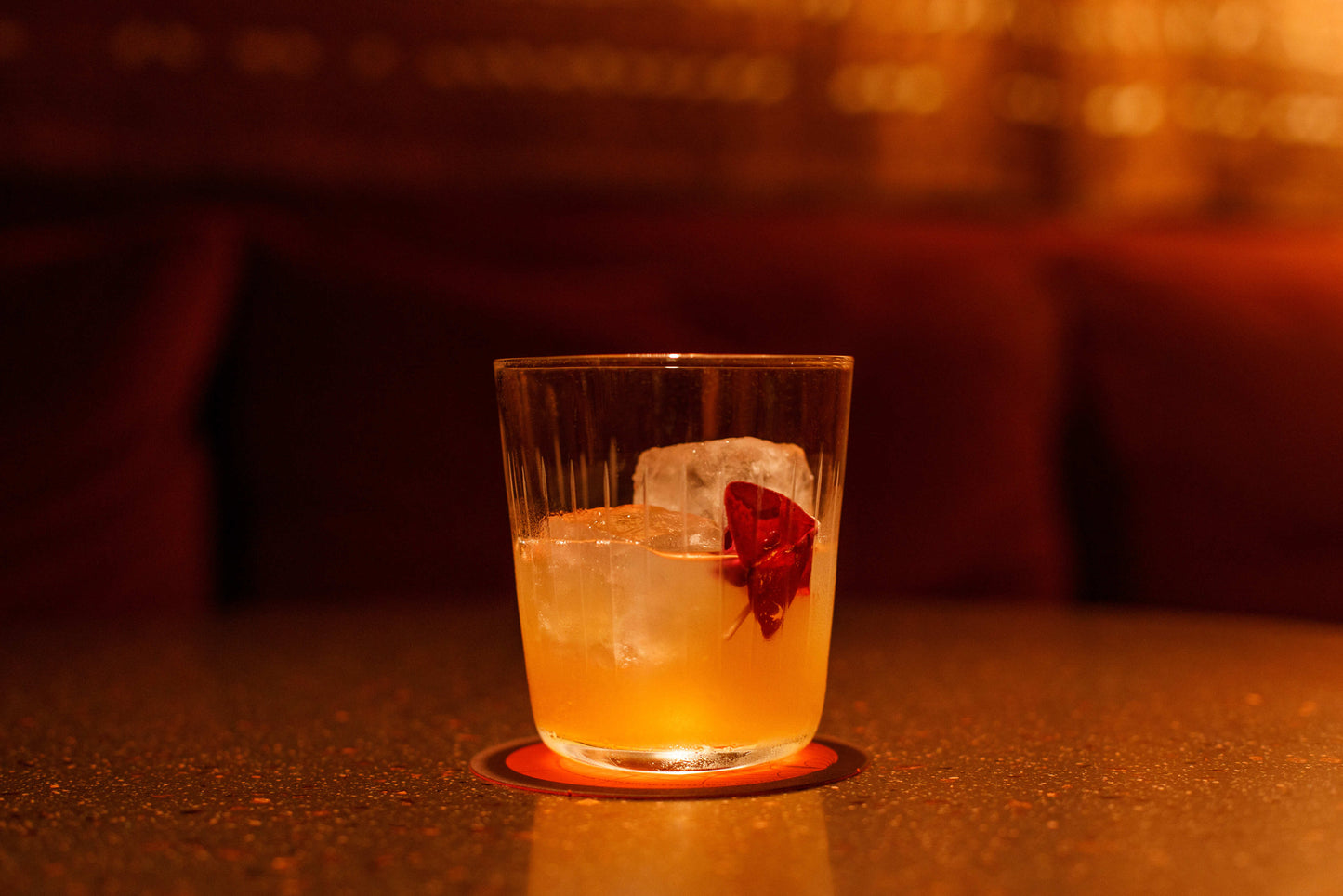
Raid Your Kitchen
La’Mel Clarke, Floor Manager at Seed Library and Drinks Distilled Spirits Guide, explains what reducing and reusing can look like in action:
My advice is to see what you have that’s already available to you in your kitchen cupboard and get creative as there are so many everyday ingredients that can be used for a multitude of purposes.
I recently used this to inspire two cocktails I created for Drinks Distilled and Seed Library, utilising non-alcoholic spirit Crossip. The Surplus Cobbler utilises ‘surplus’ white wine – it might have been gifted and wasn’t quite to your taste or you might have an awkward measure left that isn’t quite enough for a full glass of wine for example.
The Dandy Floradora uses raspberry jam for a touch of sweetness and balsamic vinegar to help bolster the taste of the raspberry whilst adding texture and depth of flavour.
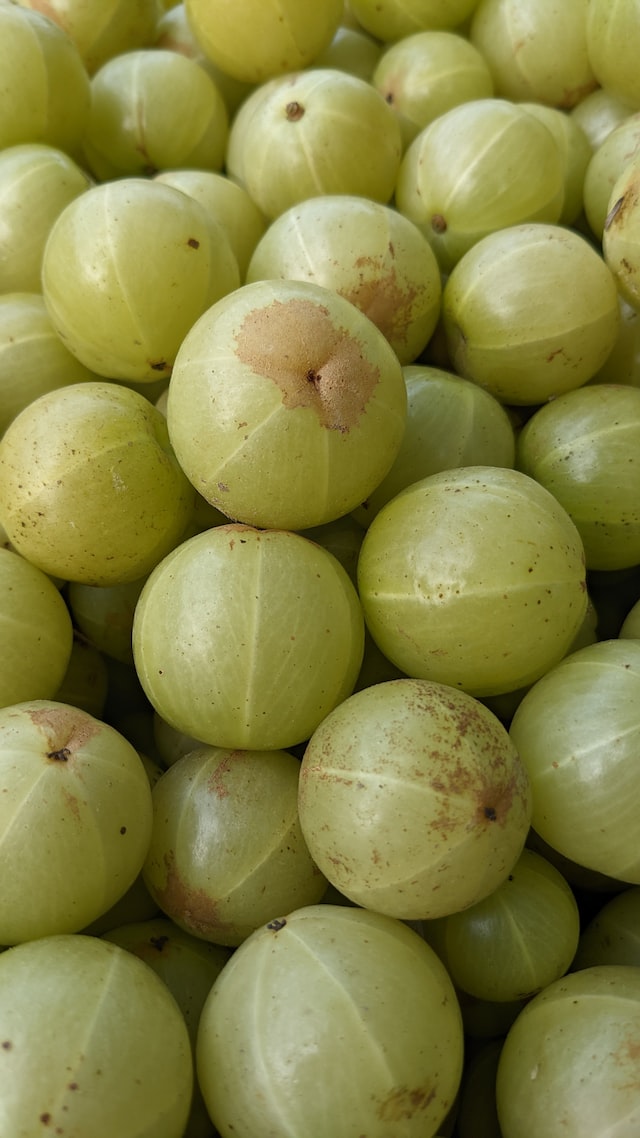
3. Use Seasonal Ingredients
Jake O’Brien Murphy suggests:
It’s really important to think about what’s in season, as this will help cut down the carbon footprint behind your cocktails.
A quick Google will soon tell you what’s readily available - if a certain fruit is out of season at that time of year it means they will be shipped from further afield which increases the amount of fuel and cost of getting them to you.
Take a moment to think about and research when and how your ingredients arrive in your supermarket or greengrocer. If you are lucky enough to be able to source ingredients locally, even better!
Trade citrus for naturally sour fruits grown here in the UK. Gooseberries bring acidity and crunch to a classic sour.
Local herbs from a farmer's market are just as complex and beautiful as anything cultivated overseas. Try sorrel, woodruff and sweet cicely.
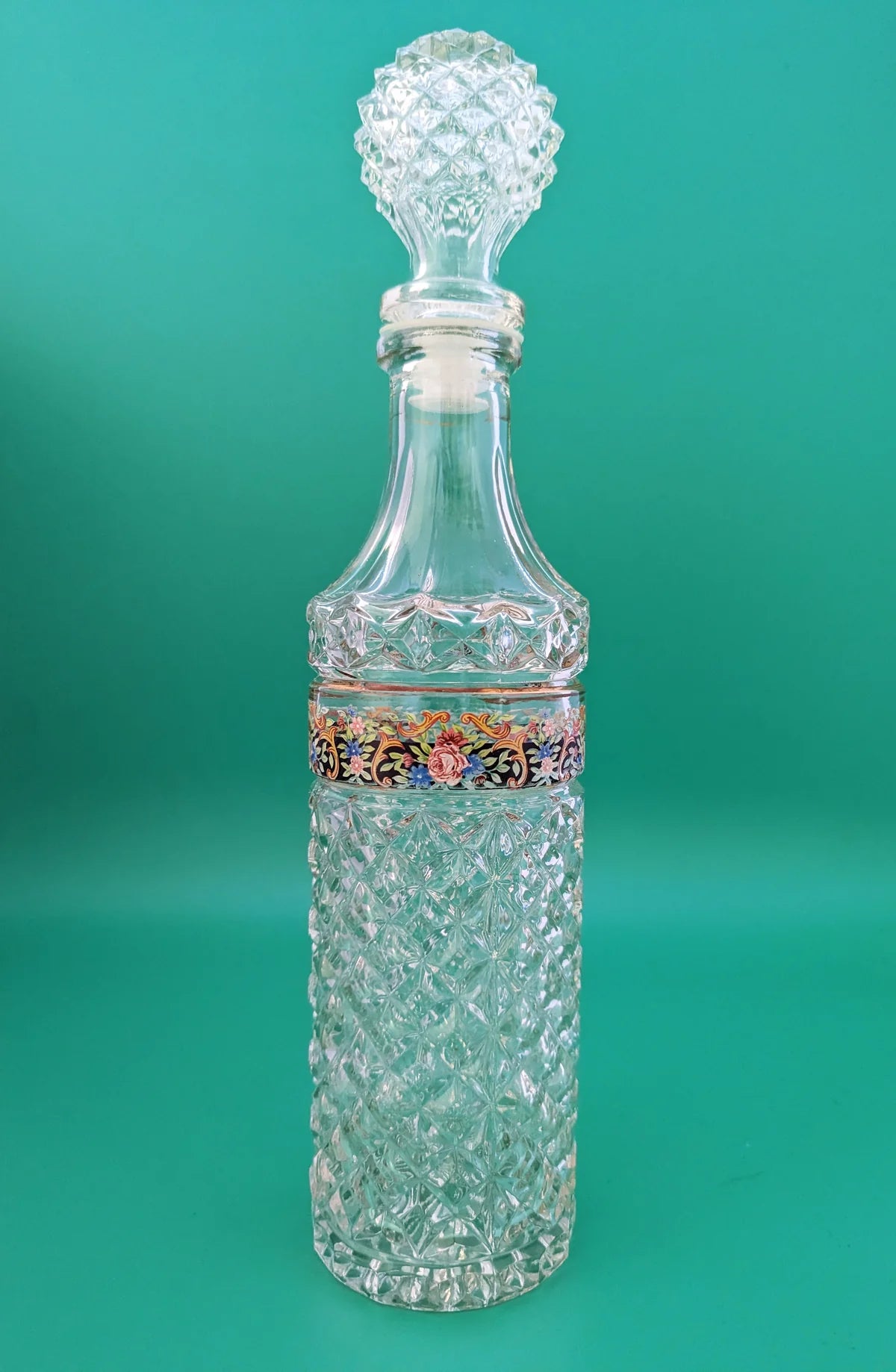
4. Shop Vintage
Looking beyond the ingredients used for cocktails, we should also consider the glassware and barware we use to create and enjoy them too.
We stock a range of vintage glassware and barware at Drinks Distilled. Not only does it look more unique and add a touch of retro glamour to a drinks trolley, but in purchasing vintage you help to reduce a demand for new glassware and the energy and resources to produce it.
What’s more - vintage pieces are often created using higher quality craftsmanship and materials that are built to last, provided they’re cared for in the right way. Stylish, practical and eco-conscious – what’s not to love?
